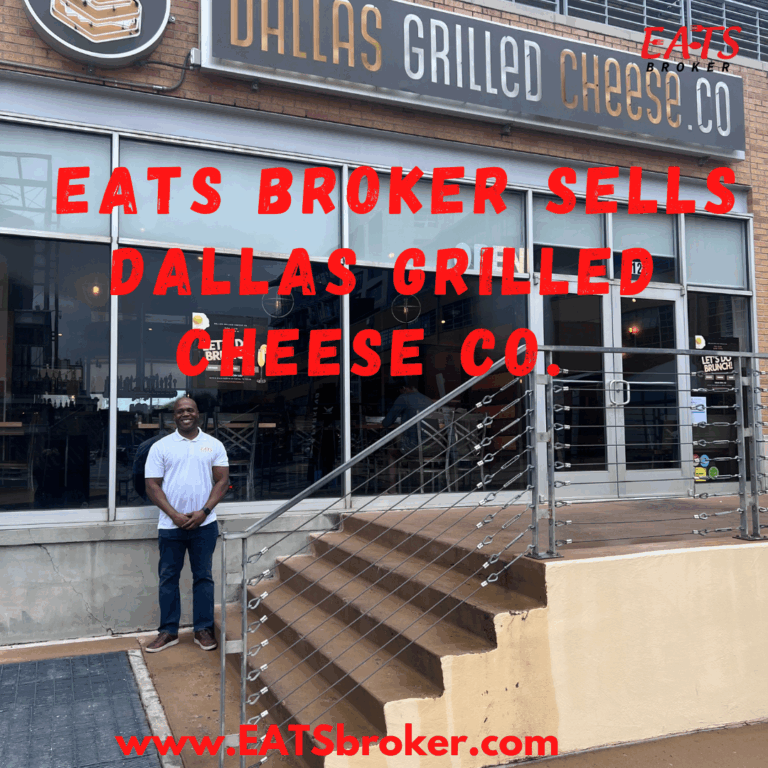
EATS Broker sells Dallas Grilled Cheese Co in Dallas, Texas
Dallas, Texas-EATS Broker, a leading restaurant brokerage firm located in Dallas, Texas, is pleased to announce the successful sale of Dallas Grilled Cheese Co located at 5319

Dallas, Texas-EATS Broker, a leading restaurant brokerage firm located in Dallas, Texas, is pleased to announce the successful sale of Dallas Grilled Cheese Co located at 5319
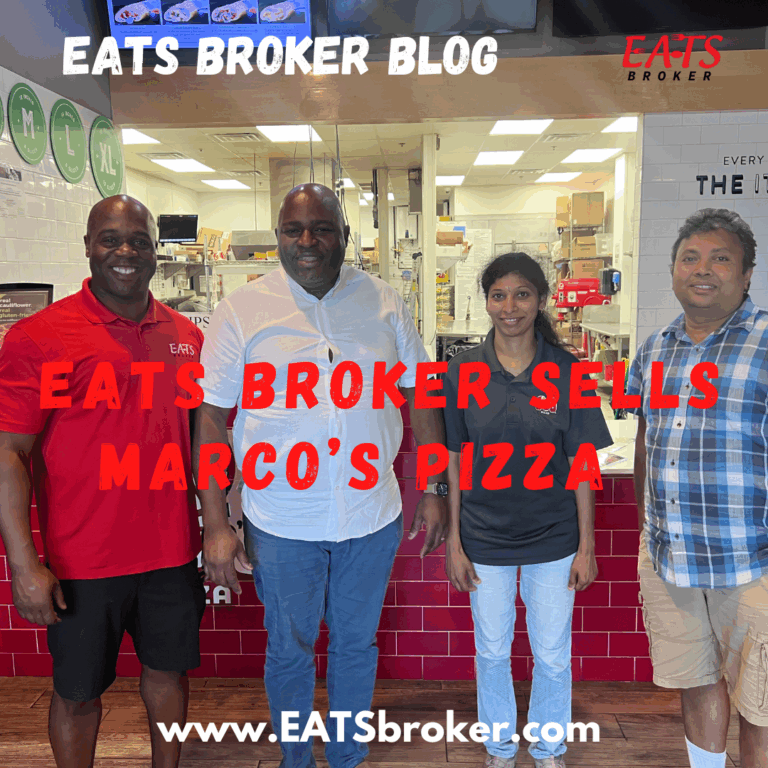
Dallas, Texas-EATS Broker, a leading restaurant brokerage firm located in Dallas, Texas, is pleased to announce the successful sale of Marco’s Pizza located at 4100 Ridge Rd
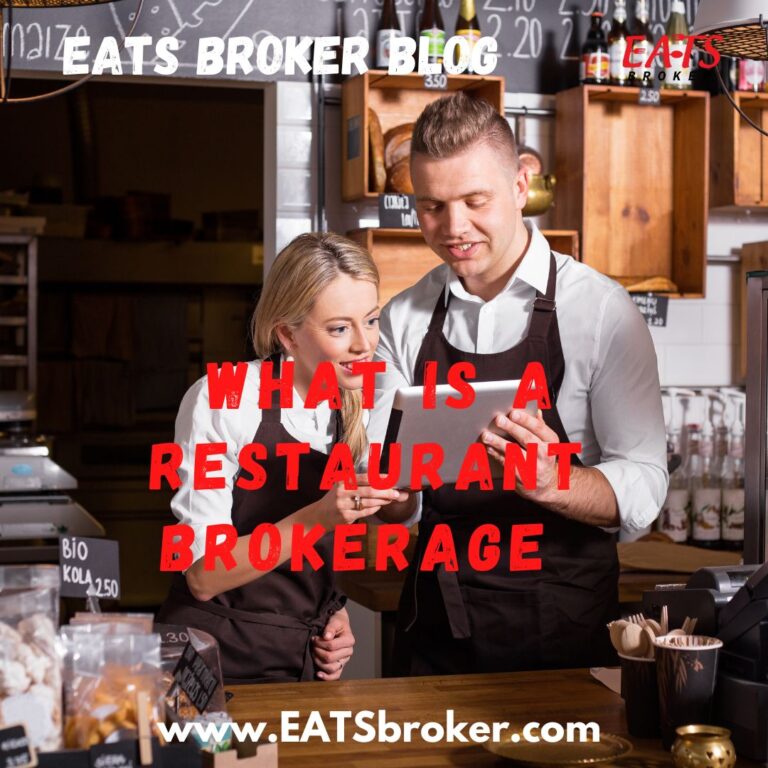
What is a restaurant brokerage? This is a question that is frequently asked by restaurant owners looking to sell their businesses. A Restaurant Brokerage is
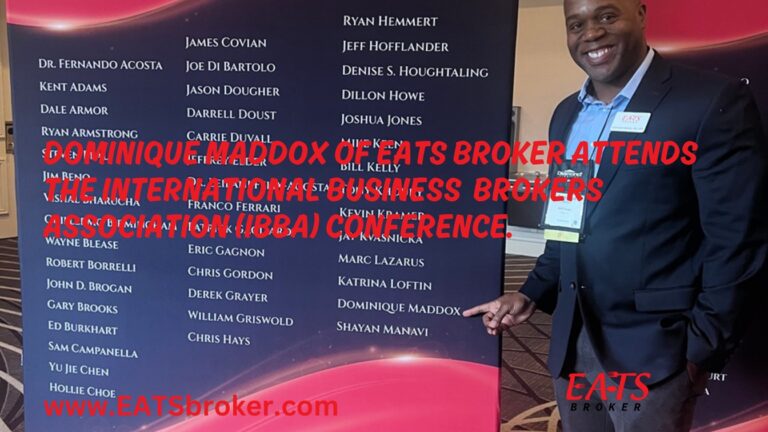
Dominique Maddox of EATS Broker attended the International Business Brokers Association (IBBA) Conference in Orlando, Florida. The IBBA has over 3,000 members from various countries.
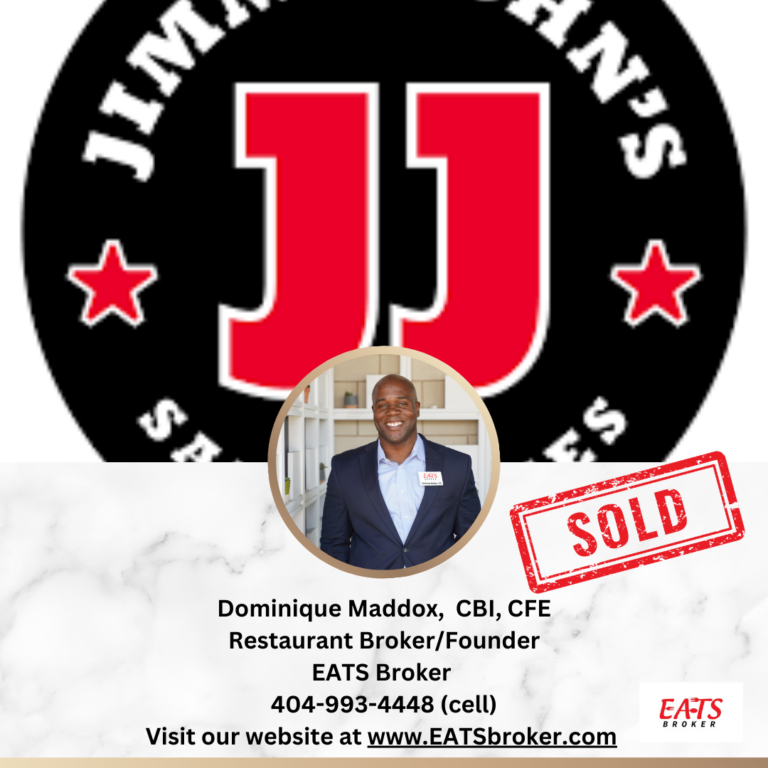
Dominique Maddox of EATS Broker sells Jimmy John’s in Ithaca, New York located at 122 N Aurora St, Ithaca, NY 14850. EATS Broker was the
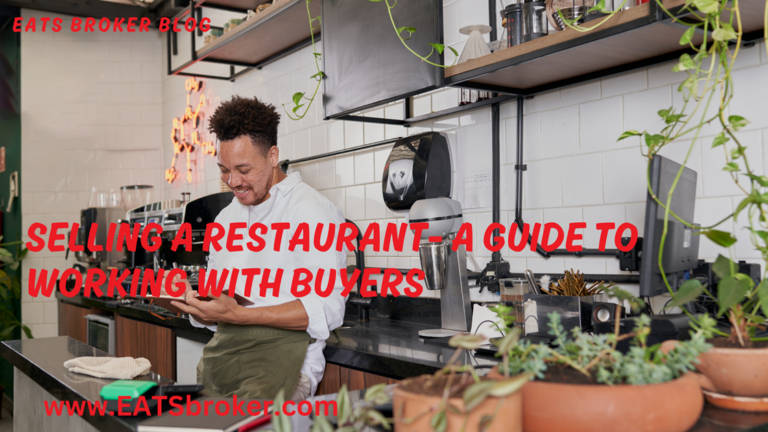
When selling a restaurant, most restaurant owners don’t have a guide to work with buyers, so they are clueless about the restaurant resale process. Today’s
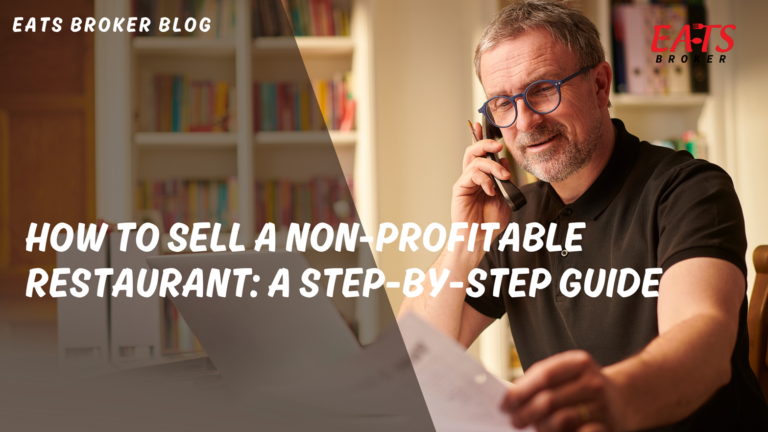
A common problem for restaurant owners is selling a non-profitable restaurant. Did you know that owning a restaurant is one of the most demanding jobs

Dallas, TX – March 27, 2025 – EATS Broker proudly announces that its Founder and President, Restaurant Broker Dominique Maddox, has earned the prestigious Certified
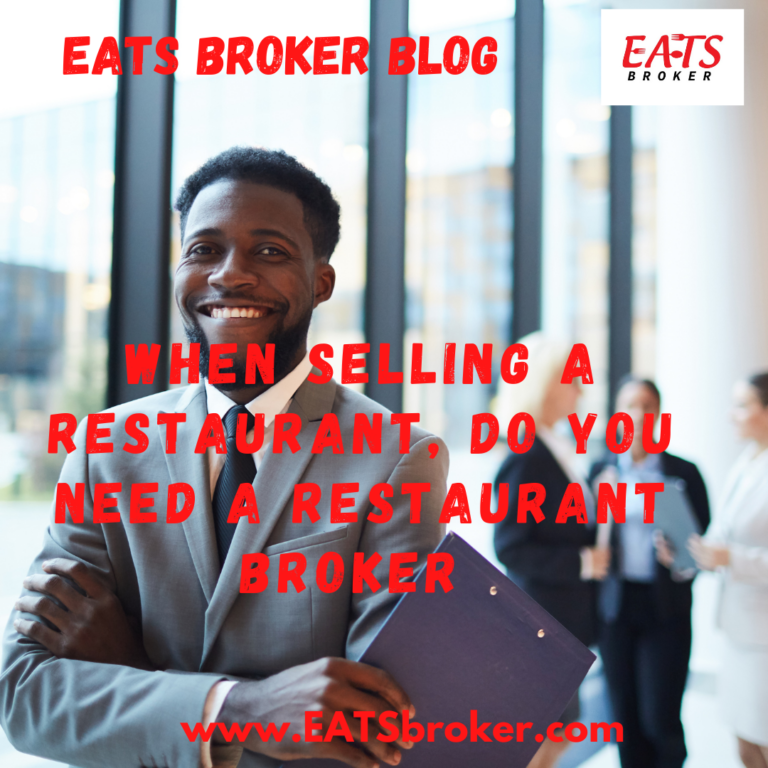
When selling a restaurant, owners must decide whether to use a Restaurant Broker or try to sell themselves. Finding the right Restaurant Brokerage to help

© Copyright 2025 EATS Broker | Consumer Protection Notice | Information About Brokerage Services